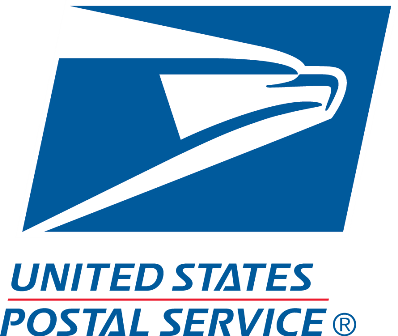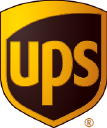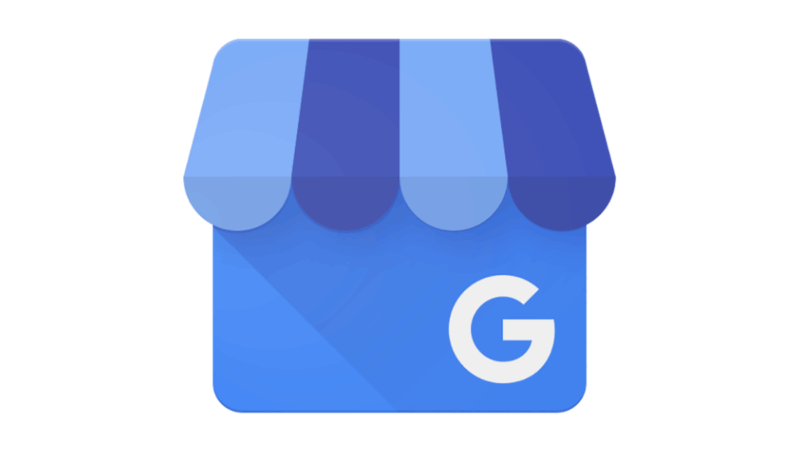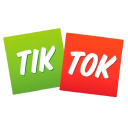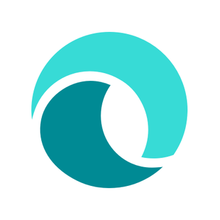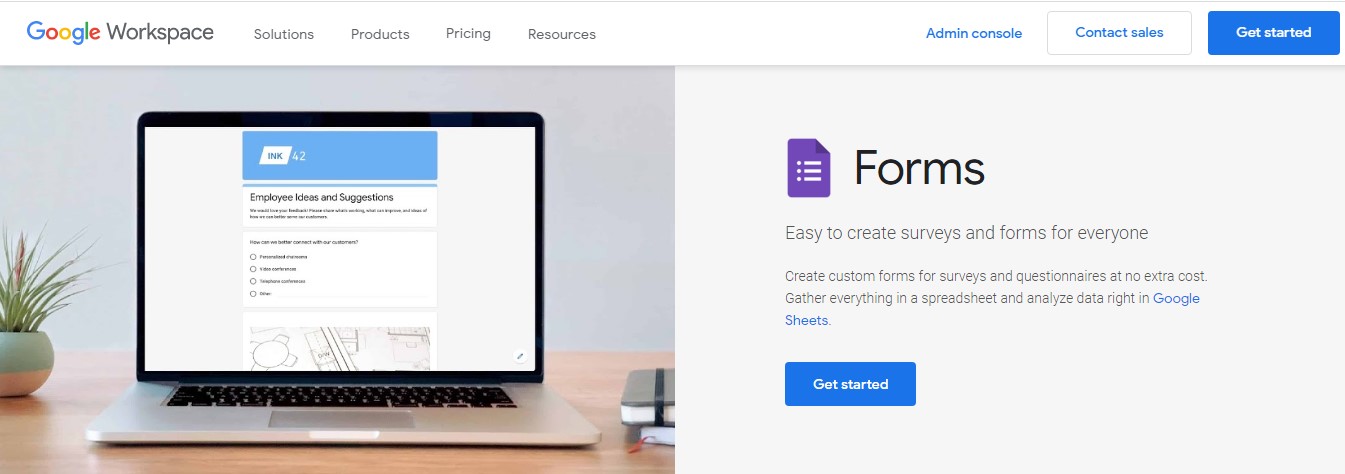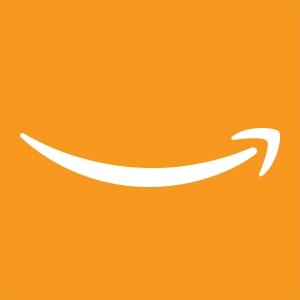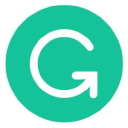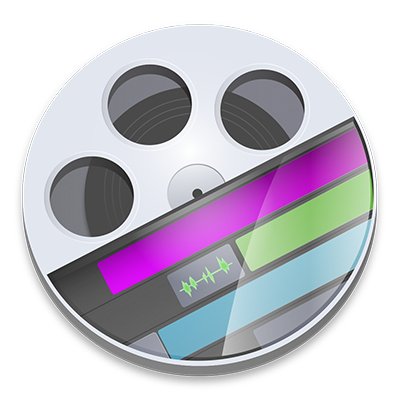Averaging $400K/Year Through A PR Agency, Online Courses, And Podcasts
Hello! Who are you and what business did you start?
Hi! My name is Christina Nicholson, and I started my career as a TV reporter and anchor. After standing in hurricanes, interviewing celebrities, and working outside more crime scenes than I can count, I left the news industry and got into public relations in 2015.
This is a pretty common move for journalists because we know so much about how a newsroom operates and what makes a good story. Plus, many of us want a better schedule.
My main income is from my PR agency, Media Maven. I have a small team of publicists and former journalists who work with me to pitch our clients to earn press coverage online, in print, on podcasts, and TV. We also create content for clients in the form of SEO-driven blog posts and contributed articles.
When I’m not working on my agency business, I help solopreneurs and small business owners who don’t have an agency budget learn how to handle public relations on their own. I do this through my online course, the Media Mentoring Program, my boot camp, Sorry, you need to login and/or become a member to view the rest of this content.




